20 Intriguing Facts About the Lost Colony of Roanoke Island
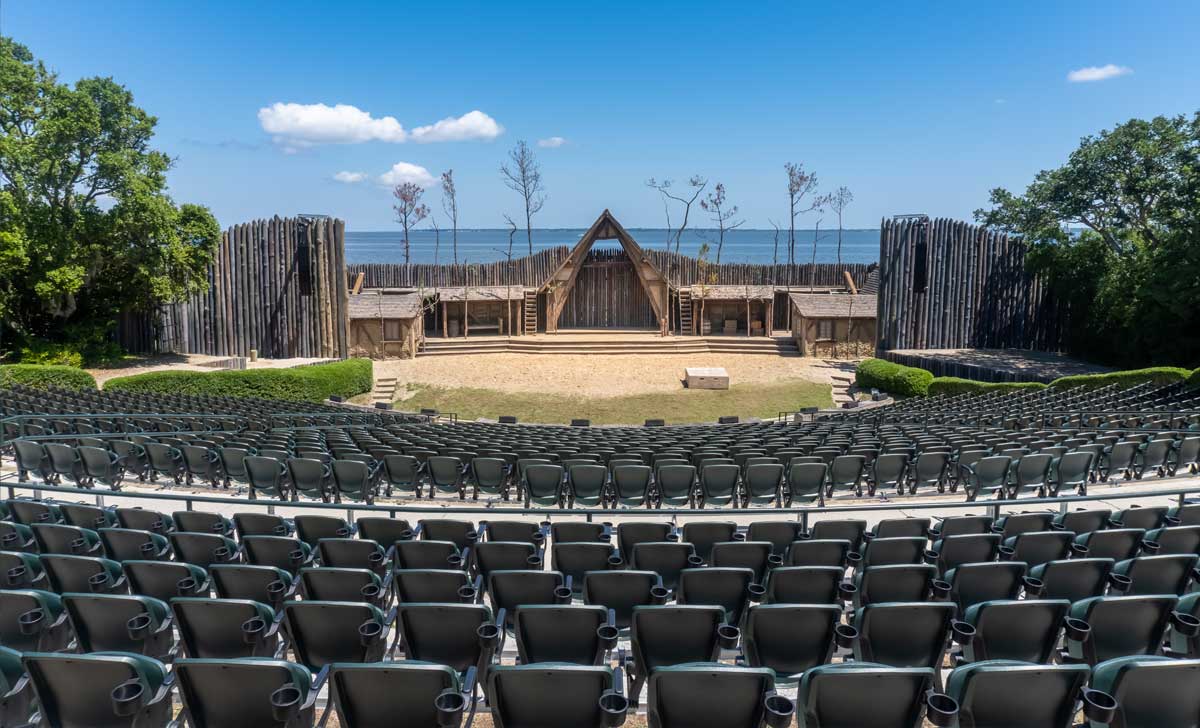
In the annals of exploration and colonization, few tales capture our collective fascination as deeply as the Lost Colony of Roanoke Island.
Nestled in present-day North Carolina's Outer Banks, Roanoke Island is known for its eerie story of abandonment, mystery, and undying intrigue.
Let's peel back the curtain of time and uncover twenty captivating facts about this elusive Lost Colony.
- The Stage is Set: The tale of the Lost Colony begins in the late 16th century when England sought to establish a permanent settlement in the New World. Sir Walter Raleigh received the charter from Queen Elizabeth I to colonize the land he named 'Virginia.'
- The First Attempt: The first expedition in 1584, led by Philip Amadas and Arthur Barlowe, explored the region and reported positively about Roanoke Island's suitability for settlement.
- The Initial Colony: In 1585, Raleigh sent about 100 men to establish a colony on Roanoke Island. Unfortunately, this initial attempt was short-lived, as the colonists returned to England due to harsh conditions and conflicts with Native tribes.
- The Ill-Fated Voyage: The second and most famous expedition left England in 1587 under the governorship of John White. This was intended to be a self-sufficient colony comprising 117 settlers, including women and children.
- Birth of Virginia Dare: The first English child born in the New World was among these settlers. Virginia Dare, Governor White's granddaughter, was born just a few weeks after their arrival.
- A Timely Departure: Shortly after the birth of his granddaughter, White returned to England for supplies, leaving behind the settlers, including his daughter and granddaughter.
- Delayed Return: The Anglo-Spanish War delayed White's return. When he finally returned to Roanoke in 1590, three years after his departure, he found the colony deserted.
- The Mysterious Carving: The only clue left behind was the word "CROATOAN" carved into a post of the fort and "CRO" etched into a nearby tree. There were no signs of struggle or hurried departure.
- The Croatoan Tribe: "Croatoan" was the name of a Native American tribe and their island (now known as Hatteras Island), suggesting that the settlers might have moved there.
- A Fruitless Search: White found no trace of the settlers despite efforts. The onset of winter and a series of storms forced him to abandon the search and return to England.
- Raleigh's Investigation: Raleigh launched two expeditions in the 1590s to learn the settlers' fate but was still looking for concrete evidence.
- Unanswered Questions: What happened to the Lost Colony remains one of history's great mysteries. Theories range from assimilation with local tribes to massacres, but no definitive proof has been found.
- The Dare Stones: In the 1930s, a series of stones allegedly inscribed by Eleanor Dare, Virginia's mother, was discovered. They suggested that the colonists moved inland and faced attacks. However, most historians consider these stones to be a hoax.
- Genetic Tracing: Modern science has joined the quest to solve the mystery. The Lost Colony Project uses DNA testing to identify whether any local families may be descendants of the Roanoke settlers.
- Archaeological Clues: Archaeological projects, such as the 'First Colony Foundation', have unearthed English-style artifacts in the region, providing tantalizing clues but no clear answers.
- The Lost Colony Drama: Since 1937, the story of the Lost Colony has been retold in a symphonic outdoor drama, making it the longest-running such production in the U.S.
- The Lumbee Connection: Some believe that the Lost Colony's survivors may have joined the Lumbee tribe, who have long claimed such an association based on specific linguistic, cultural, and physical attributes.
- Surviving Artifacts: One of the surviving artifacts from the Lost Colony is the watercolor map made by John White, which showed the colony's location and offered a unique insight into the native life.
- National Historical Significance: The Fort Raleigh National Historic Site now preserves the location of Roanoke Colony. Visitors can explore the site and ponder over the enduring mystery.
- Continued Fascination: The Lost Colony inspires works of fiction, from novels to television series, with each interpretation exploring different aspects of the colony's unexplained disappearance.
As we draw the curtain on the story of the Lost Colony of Roanoke Island, we are left with more questions than answers. The fate of the settlers remains shrouded in mystery, a spectral whisper carried by the winds that sweep across the Outer Banks.
What became of them continues to puzzle historians and captivate people's imaginations worldwide. But isn't it the allure of the unknown that makes history so fascinating?
Perhaps the legend of the Lost Colony will forever remain a compelling, unsolved riddle, reminding us that history, like life, is full of unexpected twists and turns.
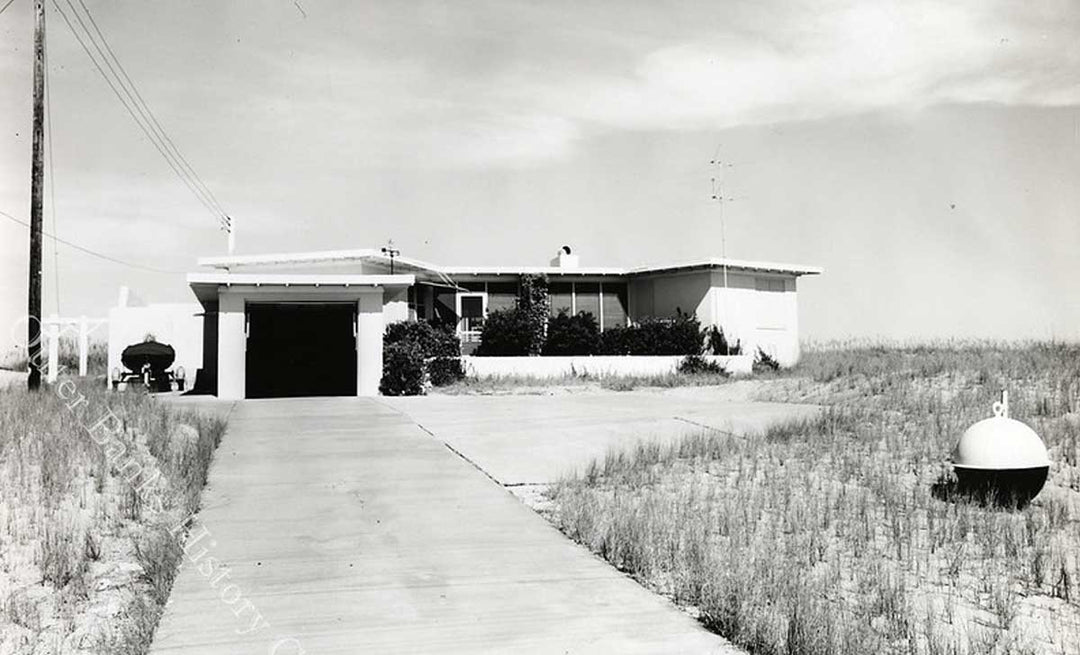
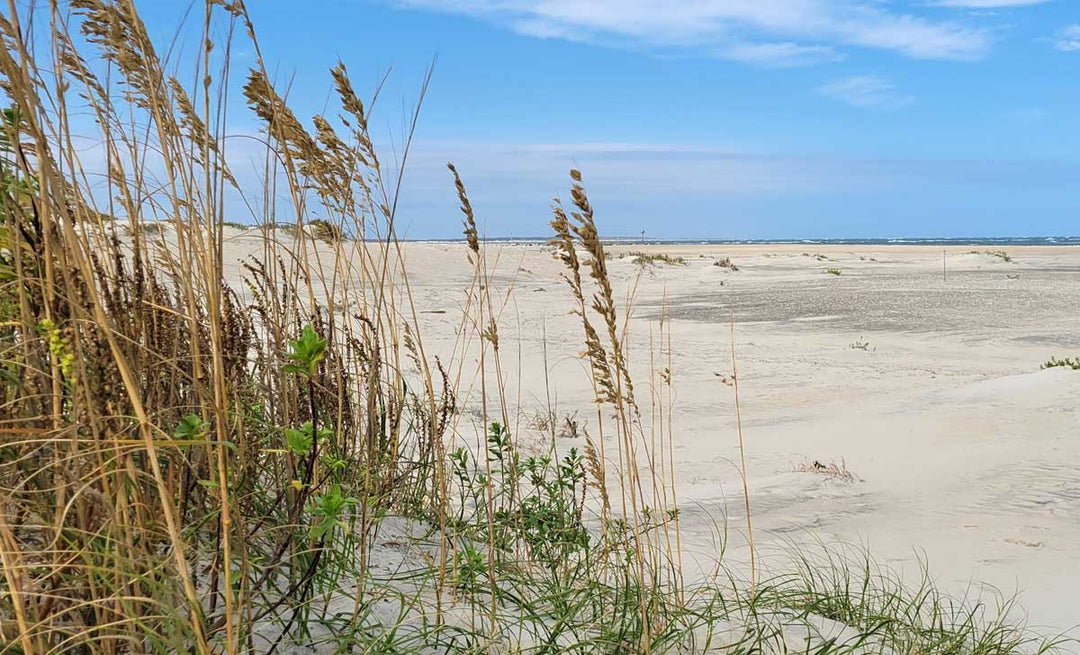
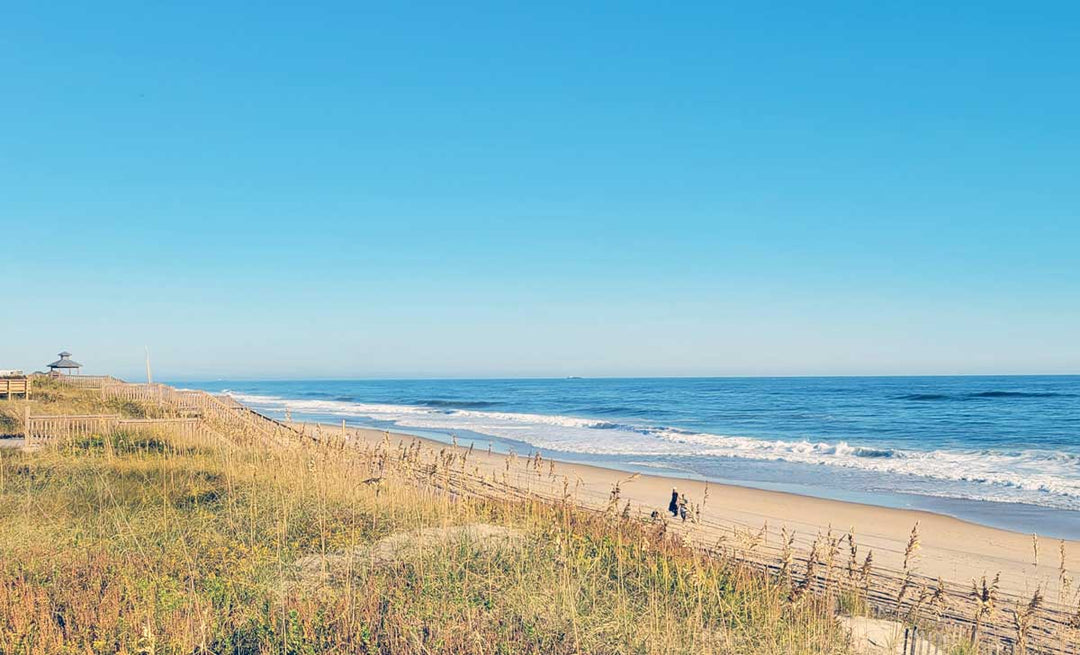
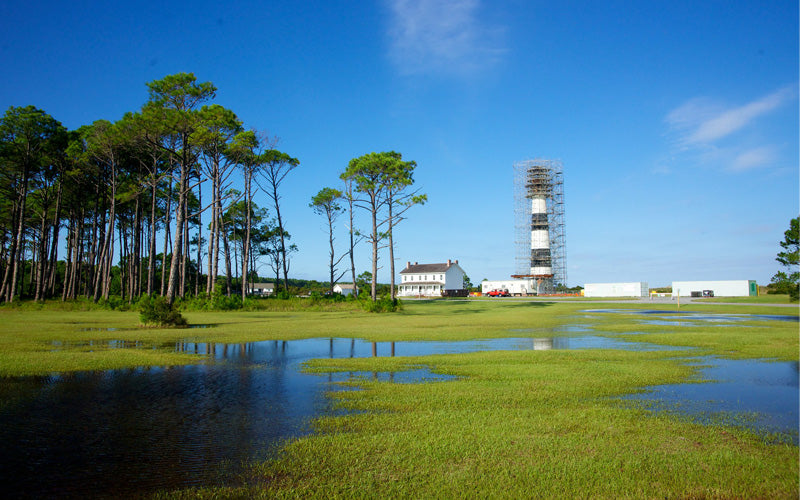
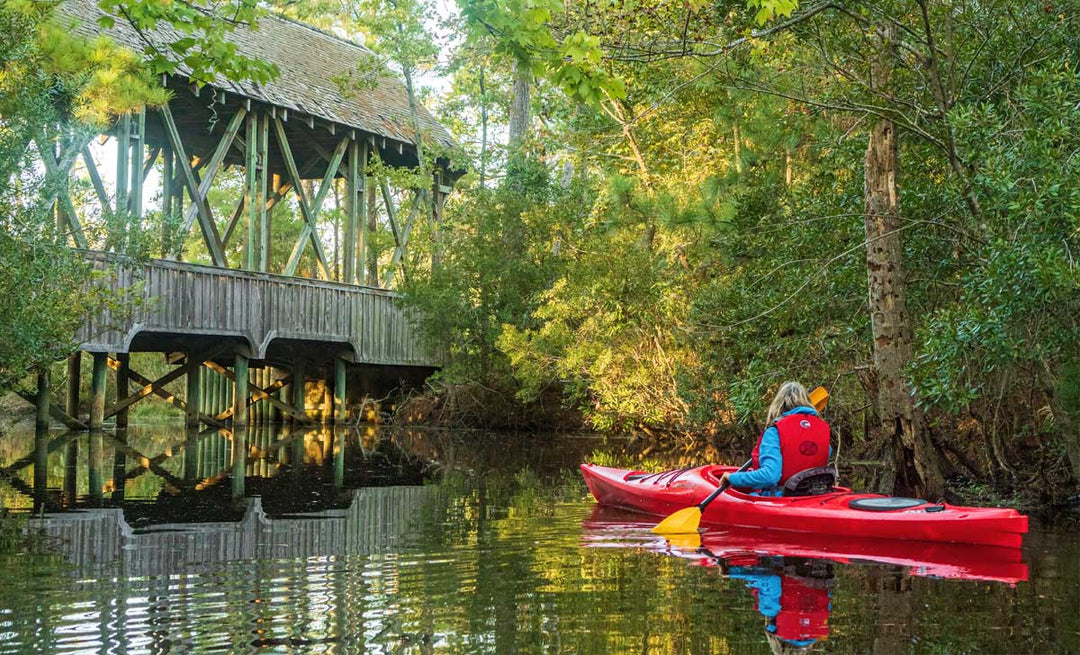
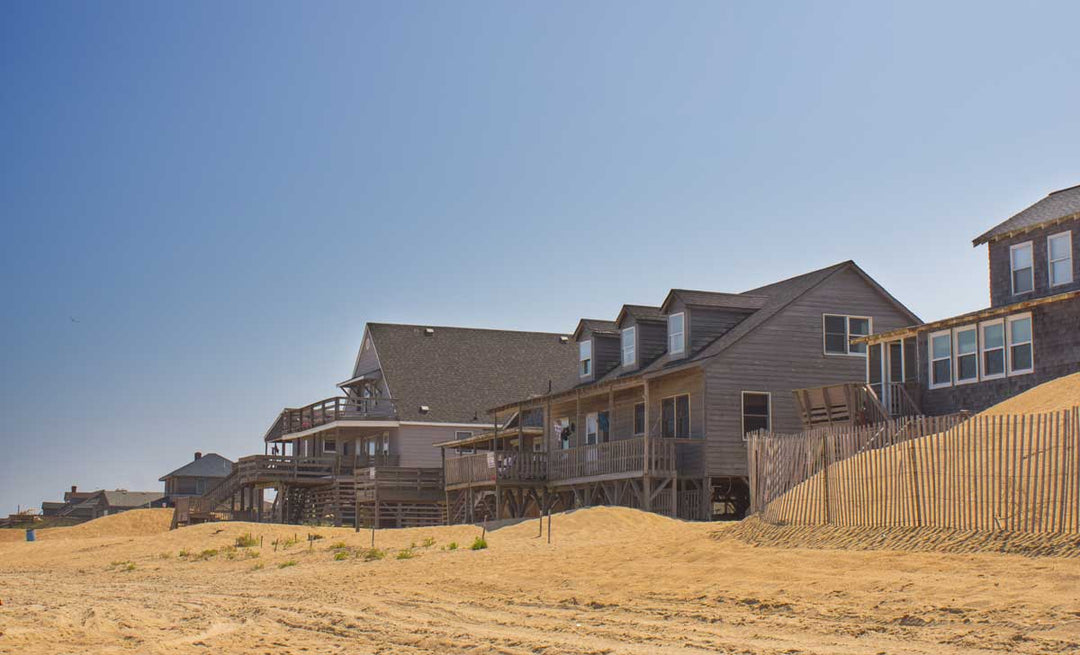
Leave a comment